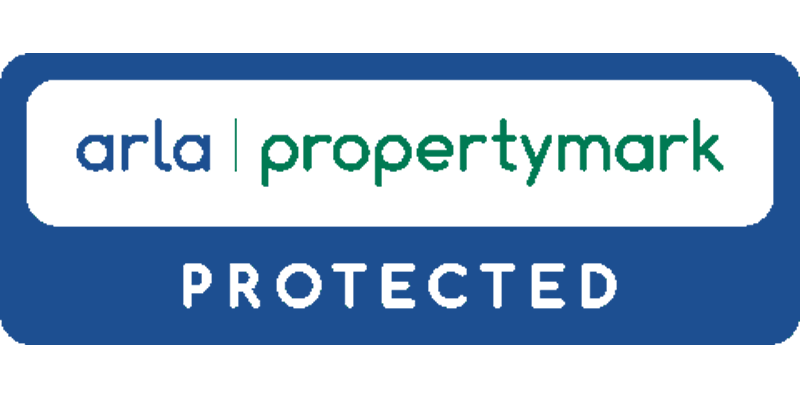Hello folks, hope you are all doing well, I thought I would just dive straight into this blog as it makes me feel a little bit more optimistic for the year ahead.
Last year the property sector finished with a flurry of transactions due to the increasing pressures placed upon landlords and anyone looking to buy a second home from the government’s implementation of new taxation and regulation with the “renters reform bill”. This led to many landlords deciding to leave the property rental market and cash in their property assets into cash assets and see them make a similar return in the bank’s interest rates rather than the commitment and costs of letting properties.
As a direct result, at the end of 2024, the market was awash with ex-rental properties on the market offering yields of anything between 7% and 14% on the larger properties or HMOs (houses of multi-occupancy), thus trying to make them sound lucrative to other investors, however with the 5% stamp duty now placed on any second/investment properties, other landlords have not been quick to snap these up.
The smaller single-unit properties, such as starter/first-time buyer houses or apartments, are a different story. These properties are ideal for first-timers and, therefore, the buyers will not be subject to inflated stamp duty. They are also selling in a good timescale. The only downside to this is that there will be less stock available for the rental market, which will, in turn, push the cost of renting up and, therefore, pass the burden of the cost of living on to renters.
In April though, we will see the current £250,000 stamp duty level be reduced back down to £125,000. Will this lead to buyers rushing to buy a house or flat early this year to avoid this increase? I think not. I reason that if a buyer were purchasing a house or flat at £250,000 they would be exempt from paying any stamp duty. If they buy after April, they will now have to pay £2,500 (the first £125,000 is stamp duty-free, then it is 2% on the remaining £125,000 = £2,500), I am not sure that when it comes to buying such a monumental thing as a house, £2,500 will stop them from buying it.
If you are a first-time buyer, you are currently exempt from paying any stamp duty on a property up to the value of £425,000. After April, though, the exemption will revert to the previous level of £300,000. I do feel that this will have an effect by causing a new ceiling price for first-time buyers to look up to the £300,000 price tag. Any properties valued or marketed above this price will not have the same sales momentum on the sales market from April onwards.
The first three months, January, February and March, usually follow the same pattern each year. It is not unusual for us to receive higher than the yearly average of domestic separations/divorce valuation requests, probate, valuation requests and repossession valuation requests. I call this our 3D season (Divorce, Death and Debt). This sounds almost comical, but we see the same repeat pattern year after year.
Unfortunately, inflation levels increased towards the end of 2024, and the forecasted interest rate reduction did not occur. If inflation continues to rise in the first quarter of 2025, interest rates may increase to counterbalance inflation. If inflation levels remain steady, then it goes without saying that interest rates should also stay at the same 4.75% we have now. This will be reviewed on 6th February, so watch this space.
Late Spring to early summer always tends to be a more favourable time to sell a property due to the days getting longer, the weather getting better, and everyone coming out of the winter blues. If you are considering putting your property on the market, any time is a good time if you are realistic with your expectations. Still, some agents are gilding the lily regarding valuations.
It is a sad part of our industry that a lot of either corporate agents or unqualified independent agents will add between 10% and 20% onto the valuation figures that they give to try and unfairly gain the instruction to sell your property over another agent who may have given an honest and factual valuation figure. We call this “trying to buy the instruction”. We all know roughly what our properties are worth, so if it sounds too good to be true, then it is more than likely just that, too good to be true.
Please check “Propertymark” for a list of all the QUALIFIED estate agents covering your area. You can also head to the Companies House website to see if the agent in question is working for a reputable company, or at the very least, you can google to see if there are any news reports on that business, whether the articles are good or bad. Ultimately, you must be happy with your choices, and we recommend doing some solid research related to your property circumstances and engaging a qualified agent to ensure you are protected as a consumer.
Please feel free to share this article on your social media so that as many people as possible can make informed decisions before making those big property decisions. Take care, everyone, and happy new year.







































